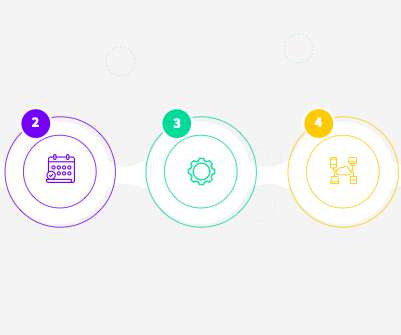Project Management Process & Phases
ProProfs Project Management
MARCH 18, 2020
Project Management is the art of coordinating resources and directing working groups to execute components of work so that each group delivers components that can be tied together into a wholesome deliverable (contracted scope of work) within schedule and budget. — Project Management Institute. Initiating.














Let's personalize your content